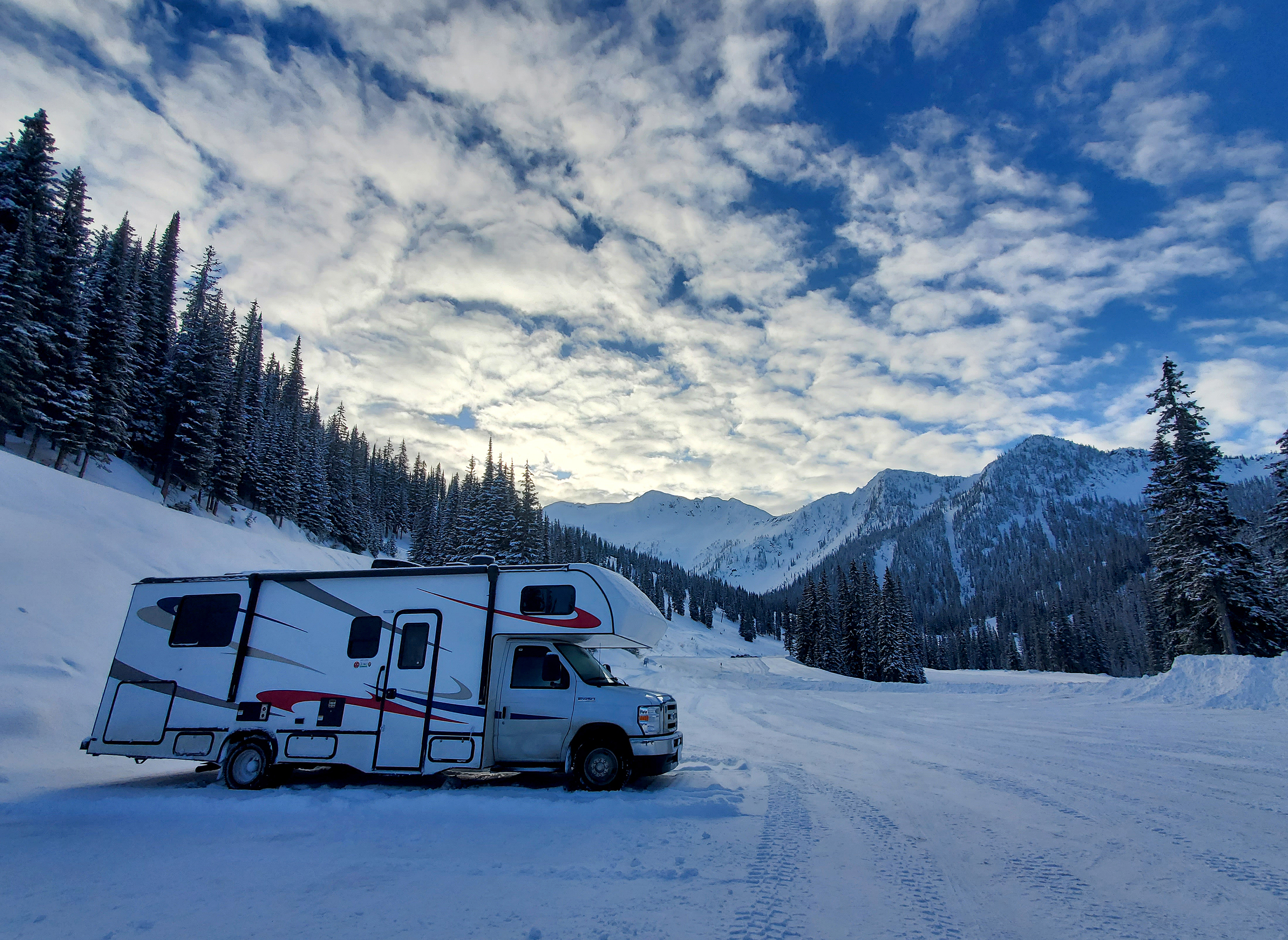Winter brings with it chilly temperatures, festive decorations, and if you live in a snowy region, a whole lot of the fluffy white stuff. While snow can cause traffic delays and make sidewalks slippery, it turns out that it also has an unexpected impact on our sleep.
A study published in the journal “Current Biology” found that people actually sleep an average of 10 minutes longer when it snows compared to when the ground is bare. This fascinating discovery sheds light on the influence of weather on our sleep patterns.
Impact on Sleep Duration
Researchers from the University of Basel and the University of Lausanne analyzed the sleep patterns of 147 individuals over the course of 6 years. They discovered that both the time it takes to fall asleep and the duration of sleep were prolonged on snowy nights. This phenomenon applies to both weekdays and weekends, indicating a consistent effect on sleep patterns.
Possible Explanations
One plausible explanation for the extended sleep duration during snowy nights is the calming effect of a snowy landscape. The serene and tranquil atmosphere brought about by a fresh blanket of snow may contribute to a more relaxed state of mind, ultimately leading to longer and more restful sleep.
In addition, the insulating properties of snow could play a role. As snow provides an extra layer of insulation, it may help to stabilize indoor temperatures, creating a cozy environment that promotes better sleep. Furthermore, the dampening effect of snow on ambient noise levels may contribute to a quieter and more peaceful sleeping environment.

Credit: www.bostonglobe.com
Implications for Health and Well-Being
The findings of this study have significant implications for health and well-being. Adequate sleep duration and quality are vital for overall health, impacting cognitive function, mood, and immune function. Understanding the factors that influence sleep can help individuals make informed decisions to optimize their sleep environments.
Moreover, recognizing the positive impact of snow on sleep may encourage people to embrace the beauty of winter rather than viewing it solely as a season of inconvenience. By fostering a greater appreciation for winter, individuals may experience improved mental well-being and reduced seasonal affective disorder (SAD) symptoms.
Winter Sleep Tips
While the natural influence of snow on sleep is certainly intriguing, it’s important to maximize the benefits of winter slumber. Here are some tips to help you make the most of your snowy nights:
- Ensure your bedroom is at a comfortable temperature, neither too hot nor too cold, to promote restful sleep.
- Invest in cozy, cold-weather bedding to create a snug sleep environment.
- Embrace the beauty of a snowy landscape by taking a brisk walk during the day to soak in the serene surroundings, which may help prepare your mind for a peaceful night’s sleep.
- Consider using light therapy to mitigate the effects of reduced daylight hours during the winter months.
By incorporating these tips into your winter routine, you can optimize your sleep quality and make the most of the enchanting snowy season.
Credit: www.bostonglobe.com
Frequently Asked Questions On We Sleep 10 Minutes More When It Snows: Uncovering The Winter Sleep Boost
How Does Snow Affect Our Sleep Patterns?
Snowfall can actually affect our sleep patterns, leading us to sleep an average of 10 minutes longer when it snows.
Why Do We Sleep Longer When It Snows?
We tend to sleep longer when it snows due to the calming effect of snowfall and the cozy atmosphere it creates.
Does The Temperature Drop During Snowy Nights Influence Our Sleep?
Yes, the drop in temperature during snowy nights can contribute to longer sleep duration as our bodies seek warmth and comfort.
What Are The Reasons Behind The Extended Sleep During Snowy Weather?
The extended sleep during snowy weather can be attributed to the peaceful ambiance, reduced outside activities, and the desire to stay warm and cozy indoors.
Conclusion
In conclusion, the impact of snow on our sleep habits is a fascinating area of study that provides insight into the complex relationship between environmental factors and sleep patterns. The discovery that we sleep 10 minutes longer when it snows highlights the profound influence of weather on our daily lives, including our nighttime rest.
By recognizing the positive impact of snow on sleep duration, we can gain a deeper appreciation for the winter season and leverage this knowledge to improve our sleep quality and overall well-being. So, the next time you gaze out at a winter wonderland, take a moment to appreciate the potentially sleep-inducing effects of that beautiful, snowy landscape!
Leave a Reply